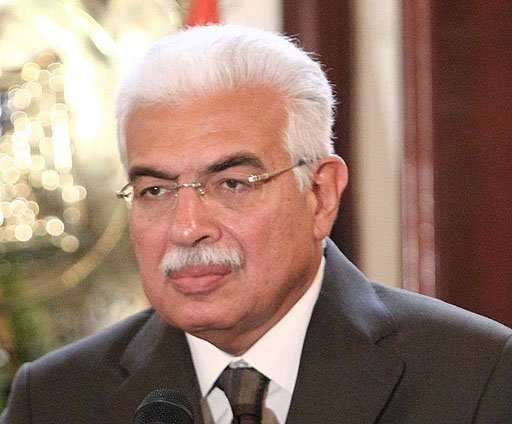BOSTON, Massachusetts: Last spring, dogged by looping video of the Rev. Jeremiah Wright howling “Not ‘God bless America’, ‘God damn America’, presidential hopeful Barack Obama cracked open the tense discussion of race in this country with his groundbreaking speech in Philadelphia. He drew on his personal history – “I am the son of a black man from Kenya and a white woman from Kansas – and explained that his background had “seared into [his] genetic makeup the idea that our nation is more than the sum of its parts.
Now, once again recalling his family story, he’s seeking common ground in a perhaps equally charged field of discourse: the significance of faith – or the lack thereof – in public life.
All Americans should be paying attention.
Much has already been said about the reference in Obama’s inaugural address to America as “a nation of Christians and Muslims, Jews and Hindus – and non-believers. In light of Pew and Gallup survey data showing that large numbers of Americans believe that the United States is a “Christian nation , feel that it is necessary to believe in God to be a moral person, and say they would not vote for an atheist to serve in our highest public office – the president’s assertion was, in a word, astonishing.
At the Feb. 5 National Prayer Breakfast, the president expanded on this theme. Acknowledging that faith has too often been used as a pretext for prejudice and intolerance, he focused on “the one law that binds all great religions together.the Golden Rule – the call to love one another, to understand one another, to treat with dignity and respect those with whom we share a brief moment on this earth.
He pointed out that he wasn’t raised in a particularly religious household. His father was born a Muslim and by adulthood had become an atheist; his maternal grandparents were non-practicing Methodists and Baptists; and his mother was “sceptical of organized religion .
Nevertheless, he revealed that this non-religious mother was “the kindest, most spiritual person I’ve ever known , and was the one who taught him to love, to understand and to do unto others as he would want done unto him.
Later in life, after living and working as a community organizer on the South side of Chicago, Barack Obama became the Christian he is today. He is clear about his faith. In his Prayer Breakfast remarks, though, he expressly acknowledged the broad array of belief systems – religious and humanist too – that profess some variant of the Golden Rule. Emphasizing that common bond, he called on religious and secular Americans alike to transcend difference, and to focus beyond belief – on actions – to make the world a better place.
Obama has touched on these matters before. Addressing an evangelical Christian gathering in June 2006, the then-senator from Illinois said: “Because I do not believe religious people have a monopoly on morality, I would rather have someone who is grounded in morality and ethics, and who is also secular, affirm their morality and ethics and values without pretending that they’re something they’re not. He also said that in a democracy the religiously motivated must translate their concerns into “universal rather than religion-specific values, and that their proposals must be subject to argument and “amenable to reason.
In affirming that non-believers deserve a place at the table, Obama is treading on ground no president has dared explore before. With a sensibility forged from his strikingly diverse background, he embodies the promise – albeit perhaps distant – of an end to both inter-religious and secular-religious discord.
Obama acknowledges the significant role of faith in the lives of so many, including his own; he likewise recognizes that skeptics and non-believers can be genuinely good human beings. Respecting religious faith in its myriad manifestations, he invokes the Golden Rule as a common denominator that, broadly speaking, ought to represent the universal yardstick for our actions in this world.
In so doing, he honors – equally – the believer and the non-believer, the churchgoer and the secular humanist, to the extent that each does unto others, as he would have them do unto him.
Michael Felsenis president of Boston Workmen’s Circle and board member of the Humanist Chaplaincy of Harvard University. An earlier version of this article appeared in Forward and is distributed by the Common Ground News Service (CGNews) with permission.
